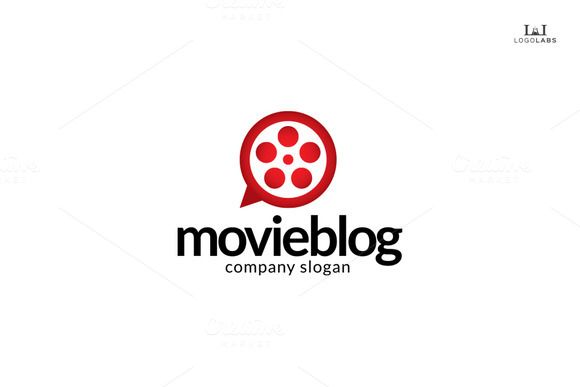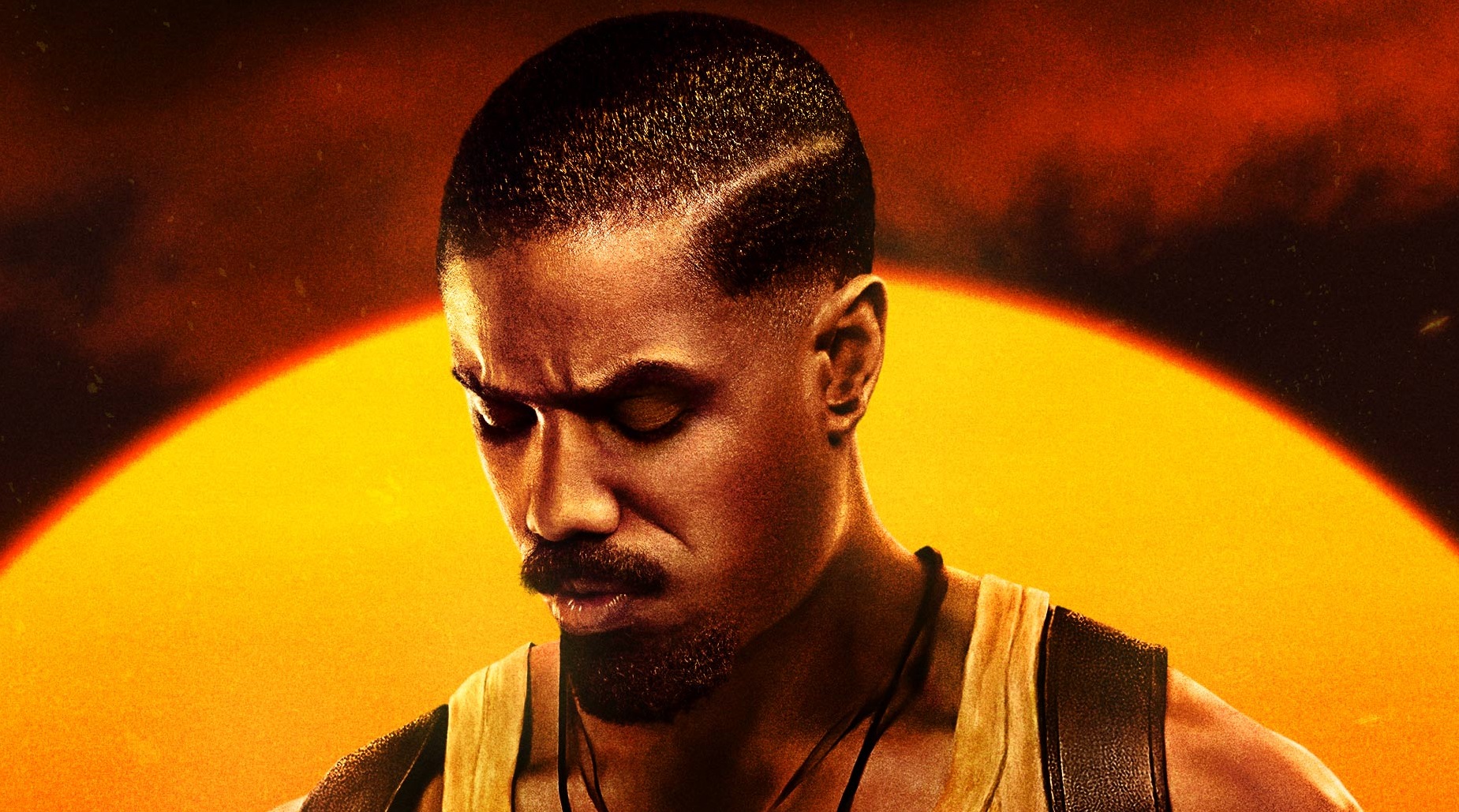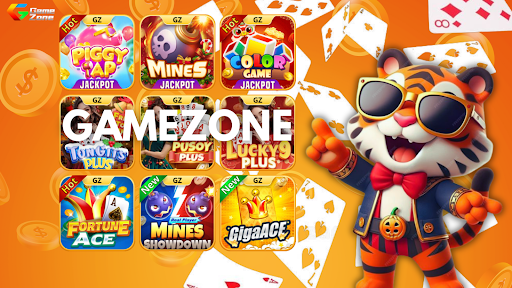ARTICLE AD
The “Joker” franchise has been one of the most unexpected success stories in modern cinema, thanks to the character’s transformation in the 2019 film “Joker” with Joaquin Phoenix as the lead. With its sequel, Joker: Folie à Deux, taking bold narrative turns, there’s a heated debate about the franchise’s future viability.
The original film’s success created high expectations, and the sequel’s shift into a musical with the inclusion of Lady Gaga as Harley Quinn has generated mixed reactions.
The Success of Joker (2019)
Joker (2019) was a critical and commercial powerhouse, grossing an astonishing $1.078 billion worldwide. The film made $335 million domestically and $743 million internationally, making it one of the most successful R-rated films in history.
This remarkable box office success was unexpected given the movie’s dark tone and mature themes, but it resonated with audiences around the globe. The gritty portrayal of Arthur Fleck’s descent into madness in Gotham City struck a chord, turning the film into a cultural phenomenon.
The success of Joker (2019) can also be attributed to Joaquin Phoenix’s performance, which earned him the Academy Award for Best Actor. His portrayal of Arthur Fleck, a failed comedian who becomes the infamous Joker, was praised for its emotional depth and chilling authenticity.
Phoenix brought an intense vulnerability to the character, making his transformation into the Joker both tragic and terrifying. This level of critical acclaim elevated the film, making it a standout in both the superhero genre and more traditional dramatic cinema.
Critical Reception of Joker: Folie à Deux
Joker: Folie à Deux took a daring leap by adopting a musical format, a stark departure from the original film’s psychological drama. Some critics hailed this experimental approach as bold and innovative, applauding director Todd Phillips for pushing the boundaries of what a sequel can be.
However, others found it tedious, criticizing the musical elements as a distraction from the core narrative. This drastic shift has led to polarized opinions, with fans of the original film divided over whether the franchise’s bold experimentation enhances or detracts from its storytelling.
Audiences, too, have expressed divided opinions about Joker: Folie à Deux. While some fans appreciated the risk-taking and Lady Gaga’s portrayal of Harley Quinn, others felt alienated by the departure from the intense psychological drama that made the original film a success.
The shift to a musical format has been especially controversial, with some viewers finding it jarring and at odds with the dark, grounded tone of the first film. This division raises questions about the future direction of the franchise and whether it can regain the broad appeal it once enjoyed.
Box Office Performance of Joker: Folie à Deux
Despite the buzz surrounding Joker: Folie à Deux, the film has failed to replicate the financial success of its predecessor. Unlike the first film’s $1.078 billion global haul, the sequel has struggled at the box office, underperforming both domestically and internationally.
Critics have speculated that the film’s experimental nature, combined with the mixed reception to its musical format, contributed to its lackluster financial returns. This decline in box office performance raises concerns about the franchise’s ability to sustain future installments.
Lady Gaga as Harley Quinn
One of the most anticipated elements of Joker: Folie à Deux was the introduction of Lady Gaga as Harley Quinn. Her casting brought a fresh energy to the character, and her musical background made her a fitting choice for the film’s shift in tone.
Gaga’s performance has been praised by many as one of the highlights of the sequel, with her portrayal of Harley Quinn adding a new dimension to the iconic character. However, her inclusion alone was not enough to offset the criticism surrounding the film’s musical direction.
Audience and Critical Divide Over Harley Quinn’s Role
While some fans lauded Lady Gaga’s turn as Harley Quinn, others felt that her performance could not match the intense chemistry that previous portrayals of the character, particularly in relation to Joker, have brought to the screen. Her role in the film became a focal point for the divided reception, with some critics praising her unique take and others feeling her presence was insufficient to compensate for the film’s narrative missteps.
The Future of the Joker Franchise
The success of Joker (2019) created a high bar for its sequel, and Joker: Folie à Deux aimed to challenge audience expectations by taking the franchise in a new direction. However, the film’s mixed reception and underwhelming box office performance have raised serious questions about whether the franchise can continue to evolve while retaining its fan base.
Can the franchise continue to take risks, or does it risk alienating the audience that made it successful in the first place?
While Joker: Folie à Deux has faced challenges, the franchise still holds potential for growth. The world of Gotham City and the Joker’s rise could explore new narrative territories, especially with the possibility of expanding on characters like Harley Quinn.
Additionally, the influence of the franchise has already extended beyond the screen. For instance, to captivate their audience, some regional gaming platforms like Ontario online casinos have opted for Joker-themed visuals to engage players and boost interactions.
This cross-media influence suggests that the character of Joker remains a cultural touchstone, even if the future of the film franchise is uncertain.
Joker’s Cultural Impact
Despite the challenges faced by the sequel, the Joker remains one of the most iconic characters in pop culture. Joker (2019) tapped into a deep societal angst, and the character’s chaotic philosophy continues to resonate with audiences. The franchise’s ability to reflect real-world issues through the lens of a comic book character has been one of its strongest assets, and it may be this cultural relevance that helps the franchise survive.
Can Another Sequel Be Viable?
Moving forward, any potential sequel will need to carefully balance audience expectations. After the polarizing reception of Joker: Folie à Deux, there is a clear divide between those who want more bold experimentation and those who prefer the darker, more grounded tone of the original film. The future success of the franchise will depend on its ability to navigate these differing demands without losing its core audience.
Ultimately, the longevity of the Joker franchise may depend on its willingness to continue taking creative risks while staying true to the elements that made the original film a success. Given the divided reception of Joker: Folie à Deux, the next installment will need to strike a careful balance between innovation and audience satisfaction.
The Future of the Joker Franchise: Balancing Innovation and Audience Appeal
As the Joker franchise looks ahead, its future viability depends on how it navigates the tension between creative experimentation and audience expectations. While Joker: Folie à Deux has faced challenges both critically and financially, the character’s cultural significance and potential for new storytelling directions mean that the franchise is far from over. Whether it can continue to thrive will depend on its ability to innovate while keeping its audience engaged.

 3 months ago
51
3 months ago
51 

